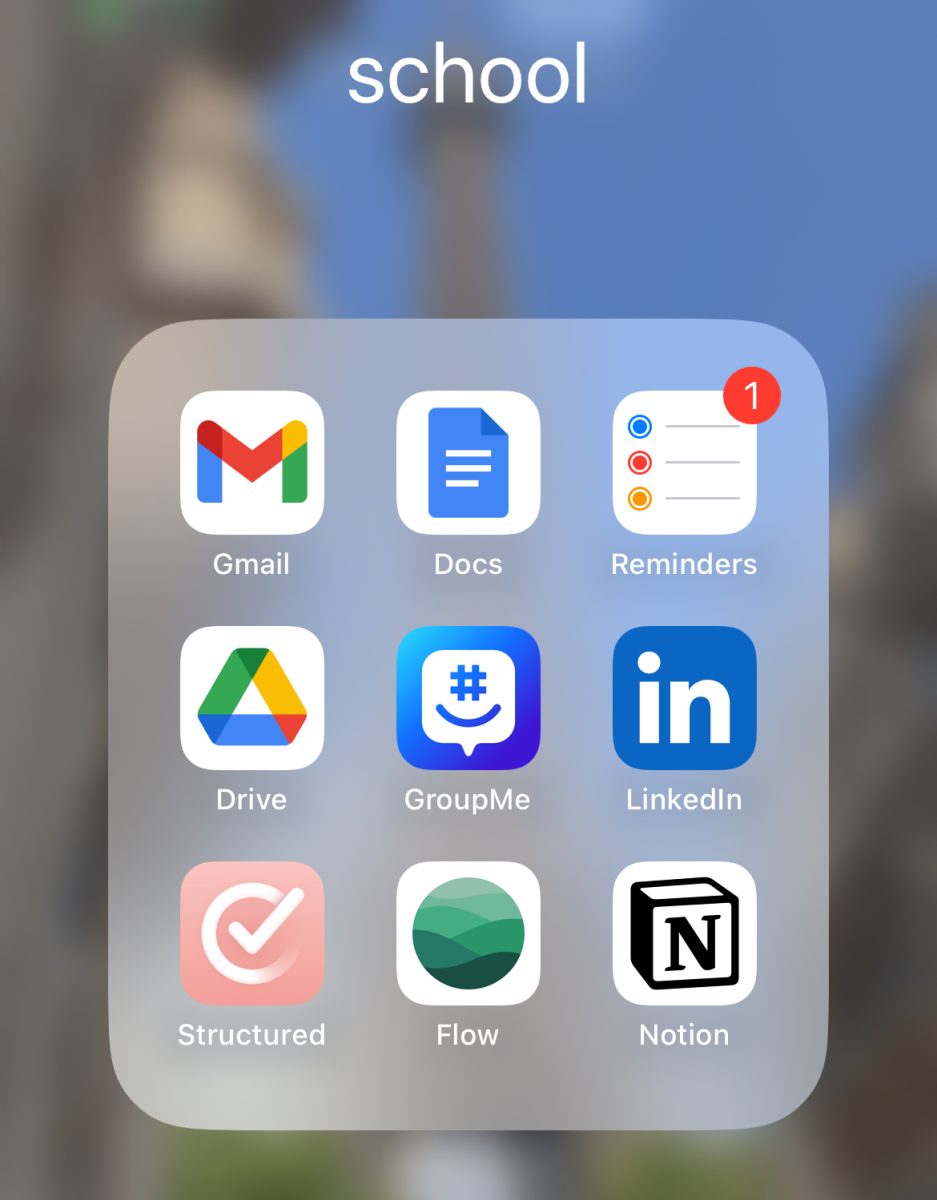The dream is always the same. I go straight home after school. I ring my doorbell, but nobody answers. The door is open, so I go inside. I throw my bags on the couch, pull out my laptop, and start my homework. I peruse the FWCD Portal, looking for new assignments and tests. I obsessively check my Reminders app, Stickies app, Notes app, and paper planner to make sure I don’t forget anything. And then I hear the toaster ticking, so I go into the kitchen to see what’s what. Then I see it; this… pasta, this incredible pasta. I mean, what it’s doing in the toaster I don’t know, because that’s not how you make pasta… but it’s a dream, so I go with it. I wait for what feels like hours (4 minutes) and take my dinner out of the toaster. So now I’m gettin’ enthusiastic about this dream. I finish my dinner, put on my pajamas, and brush my teeth- ready to hop in bed and fall asleep. So I go towards my bed, but it’s hard to find; I keep losing it. Finally I get to the foot of the bed… and I… find myself in a room full of kids taking their APUSH 9.1-9.6 reading quiz. I’m over 45 minutes late; I’ve got two minutes to take the whole quiz. I’ve… just made a terrible mistake. I’ll never get to college. My life is ruined.
Have you ever felt like this? Lost, angry, confused by the constant inundation of new information that comes with taking AP and Honors classes, or, frankly, any classes at all? Quizzes, tests, current events, presentations, meetings all filling your mind, even seeping into your dreams?
If you are like me (cool, gorgeous, hilarious, but perpetually unmotivated and procrastinative), then you may not be using the best study tactics.
We learned about study strategies like “active recall” and “interleaving” during Freshman and Sophomore Seminar, but many people were so infuriated by the idea of having their precious free period time taken up by a seminar that they didn’t end up actually paying attention to the topics covered.
So, I decided to compile a list of the most success-inducing study strategies used by high-performing students into one organized list so that our FWCD students can look through their options and figure out which tactics work best for them.
You can thank me later when your grades suddenly skyrocket. Or you can be really mean to me if they plummet, but I don’t think that will be necessary.
The first study strategy that I will review is my personal favorite, the Pomodoro technique.
Some advisories watched a video about this technique early in September, and it is a system of choosing one topic to study and working on it for 25-30 minutes. After this time is up, you take a 5 minute break, during which you should not look at any electronics; instead, get up and move around, talk to people, grab a snack, etc. But do NOT look at your phone, computer, or TV, because all of these distractions will ensure that the knowledge you just gained by studying will not solidify in your brain.
I love this study system because I struggle to find motivation to start my work, and then I get distracted very easily. Because the timer holds me accountable, I often gain so much momentum and motivation during the first 25-30 minutes of the study time that I put off my 5 minute break to work some more, which makes this strategy perfect for longer, more arduous tasks like writing APUSH outlines, studying for quizzes and tests, and the most arduous of all: preparing for midterms and finals.
When I am feeling extra unmotivated, I take time-lapse videos of myself on my phone while studying so I am not tempted to touch my phone and turn off the video. I delete the time lapse immediately afterwards, however, because when I sit at my desk for too long I start to share an uncanny resemblance to the Hunchback of Notre Dame, and it’s best not to look at that for too long.
Another great study system is active recall, a.k.a. “active retrieval” or “practice-testing.” This involves quizzing yourself, perhaps by creating practice tests or flashcards, to effectively determine how well you know certain material.
This is an active study technique (not a passive one) because it forces your brain to retrieve information rather than just skim over it.
Active recall is often successful because it promotes long-term information retention and allows students to ascertain which information they already know and which they need to review.
I made flashcards to study for my APUSH Chapter 3 test last week, and now I know everything there is to know about 17th-18th century America, so there you go.
Many top-performing students often use the system of interleaving to prepare for assessments. Students study one topic for a given amount of time and then switch to another subject, moving around from, say, math to history to English instead of just focusing on one subject for hours at a time.
If you study two complementary subjects like multiplication and division but interleave between the two, it makes both easier to understand because you can determine their correlations and gain a deeper understanding of both.
Interleaving is successful because it teaches the brain to differentiate between two subjects, therefore strengthening information retention, just like active recall.
Another great study system is spaced repetition. This occurs when students study one subject on a specific schedule (every day, every other day, etc.) leading up to an assessment. This system ensures that students don’t try to cram all of their studying the night before a test or quiz, which seldom results in success.
This is slightly harder to implement because it requires consistency and commitment to dedicating a given amount of time each day to studying, which can become less manageable when you already have an overwhelming amount of homework each night.
Still, this system is much more success-inducing than cramming the night before an exam because it follows the aforementioned system of active recall and reduces the “forgetting curve.”
There are also many apps and websites that can be really helpful in staying organized.
I like to use the “Flow” app to track Pomodoro studying, the “Structured” app to schedule my days and maximize productivity, the “Notion” app to organize my college list and plan events/projects, and the “LifeAt Spaces” computer extension to track Pomodoro cycles with pleasant computer backgrounds and ambient music.
All of this being said, each student is unique, and different strategies will work better for different people. But no matter what tactic works best for you, please be aware that simply not studying at all for a test or quiz–that’s risky business.





